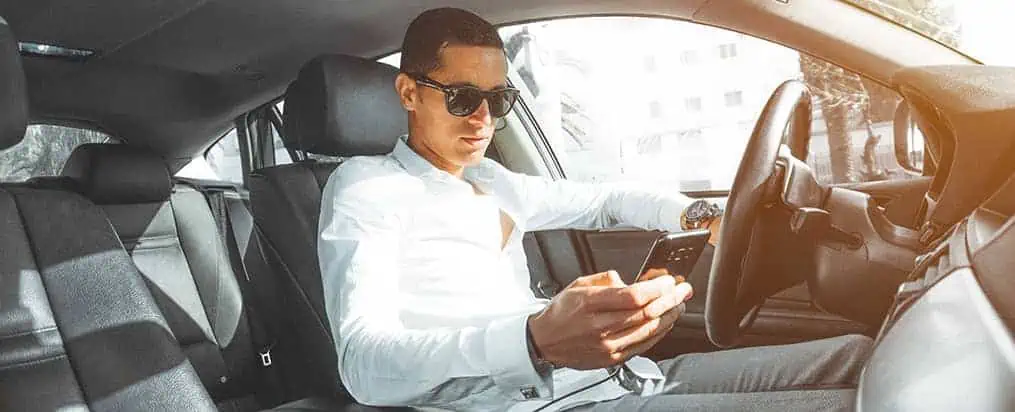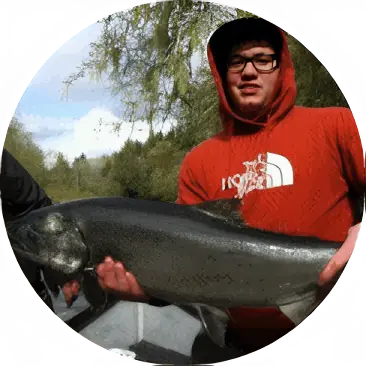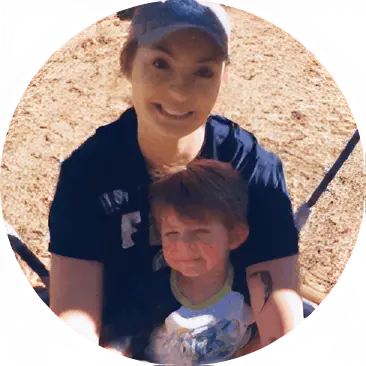
Member of the Colorado Bar Association since 2014. Attorney, Christopher M. Nicolaysen focuses primarily on helping those injured in Colorado car accidents, other auto accidents, and Colorado personal injury incidents.
This article has been written and reviewed for legal accuracy and clarity by the team of writers and attorneys at Springs Law Group and is as accurate as possible. This content should not be taken as legal advice from an attorney. If you would like to learn more about our owner and experienced Colorado personal injury lawyer, Christopher Nicolaysen, you can do so here.
Springs Law Group does everything possible to make sure the information in this article is up to date and accurate. If you need specific legal advice about your case, contact us. This article should not be taken as advice from an attorney.
After a car accident, you are understandably upset and confused.
Everything seems to happen so quickly, you feel as if you don’t have time to think.
Having some information before you find yourself in such a predicament can help avoid a lot of problems later.
After an accident, everyone will be looking for evidence to prove who was at fault.
Social media in Colorado Springs car accidents will increasingly become more important.

Investigators, the police, insurance adjusters, and attorneys will search for evidence on Facebook, Instagram, Twitter, and other outlets.
This evidence may be used to help you, and can also be used to harm you.
We are so used to sharing our lives online that we sometimes forget that the information we share is there forever, even after a post is taken down.
You may think you have removed that embarrassing Instagram photo, but you do not know how many times that photo was copied, downloaded, or shared before you removed it.
Even posts in which you are tagged by others can come back to haunt you.
The law regarding privacy rights and social media has been pretty well established by the courts–because of the inherently public nature of posting online, we have a very limited expectation of privacy in what we post.
Even a post that has been shared only with friends can be discovered in a civil or criminal case because we can reasonably assume that any post we share with a friend may be re-posted to the general public.
Whether you find yourself as the injured party or the defendant in a case, your social media activity leading up to a motor vehicle accident in Colorado Springs can affect your case.
Fortunately, the same is true for the other party, and your car accident attorney will be looking at their activity also.
Some examples of social media activity that might have an impact on the outcome of a lawsuit after an accident:
If you are injured in an accident, the value of your case depends on the nature and extent of your injuries.
Insurance adjusters and attorneys will be looking for evidence that will reduce the insurer’s liability.
Anything you post on social media, and anything posted by your friends in which you are tagged, can be used to hurt your case.
If you are claiming physical and/or emotional injury, seemingly harmless posts can be used to suggest that your injuries are not as severe as you claim they are.
Even something as innocuous as a photo of yourself at a friend’s birthday party may lead to accusations that your emotional state is not as you reported.
Likewise, a photo of you river-rafting after the accident would obviously be used to show you were not in as much pain as you claimed to be.
A photo will not necessarily show the physical pain you may be in, or the emotional pain you are trying to hide for the sake of your loved ones.
None of us know when an accident is going to happen, so we can’t anticipate when a post might turn into evidence.
We should always be mindful of what we post, and understand that everything, even after be think we have removed it, is permanent.
Before posting, ask yourself if you’d be fine seeing that post show up as an exhibit at trial.
After a car wreck in Colorado Springs, there are some precautions that will lessen the chance of your social media posts being used against you.
Here are some suggestions:
Always consult an experienced car accident law firm before making any statements or dealing with an insurance company.
To learn more about social media in Colorado Springs car accident cases, call today.
The experts at Springs Law Group offer free consultations and will give you the answers you are looking for.

Partner
Attorney, Christopher M. Nicolaysen focuses primarily on helping those injured in car accidents due to no fault of their own.
The personal injury matters include auto accidents, bicycle accidents, pedestrian accidents, and trucking accidents.
Chris truly enjoys helping clients through a difficult time and helping them get the compensation they deserve.
We use reviews to help show more people like you why we do what we do!

I was uneasy about reaching out to a law firm after being in an accident that left me injured and my vehicle totaled. I don’t care for the idea of suing for what was very clearly an accident. However, after learning more about the overall process of working with a professional team to navigate the murky waters of the insurance world, I was pleasantly surprised to find that the experience wasn’t as gross as I’d originally felt about it.

Springs Law is very friendly and professional. I always felt that they were on my side and cared about my injury and what I was going through. I highly recommend them.

Springs Law Group is an amazing group to work with! I got into a rough accident, and they never ceased to let me know they were there working hard to help me in my hour of need. It was always very easy to reach out to someone if I had any questions, and they were always happy to answer any questions I had.

I never have a problem with getting a response when I need them – which is not the case with most other firms. They really truly care about each client. As a plus, they always have positive attitudes, which matters tremendously when you are in a stressful legal situation.

Big thanks to Mr. Jake Kimbell and his team for their assistance with my case. He helped me through an incredibly challenging part of my life, and most importantly helped navigate through the convoluted legal channels of my case. I cannot thank him and his team enough for their support.

The entire team at Springs Law group has been nothing but amazing. Jake and the rest of the staff were great to work with and extremely professional. They were very attentive and answered any questions and concerns I had. I was always able to contact them and they were very responsive and communicated with me.

Springs Law Group is an amazing group to work with! I got into a rough accident, and they never ceased to let me know they were there working hard to help me in my hour of need. It was always very easy to reach out to someone if I had any questions, and they were always happy to answer any questions I had.





